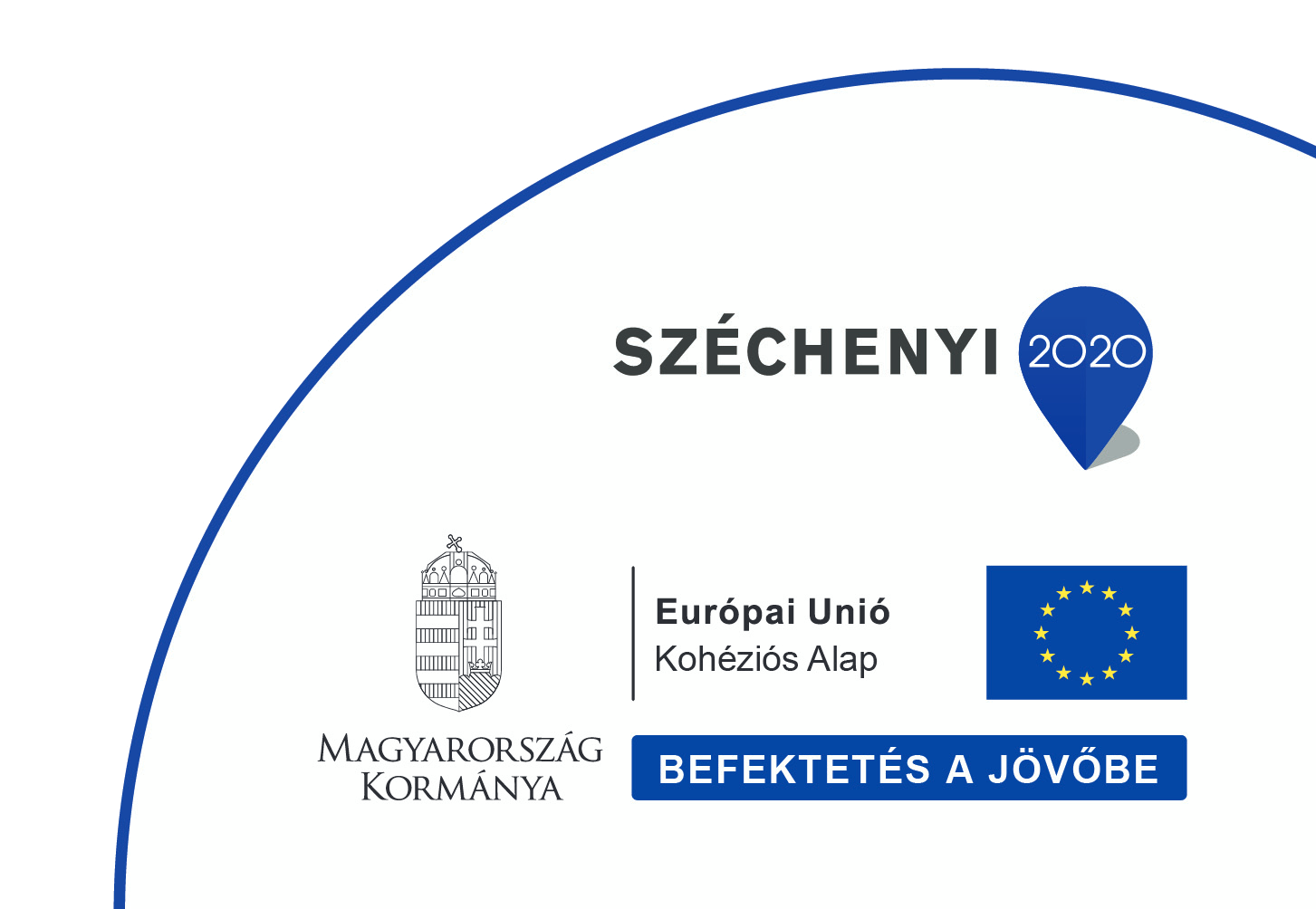Budapest/Hungary, 7th December 2009 – This afternoon Hungary’s parliament – the so-called National Assembly – voted for a ban on all cyanide-based mining technologies on Hungarian territory. The bill which was initiated by the ‘Cyanide-Free Hungary!’ coalition was adopted in plenary with 356 voted for and 1 against.
The ‘Cyanide-Free Hungary!’ coalition which was initiated by Protect the Future (Védegylet), Greenpeace Hungary, Friends of the Earth Hungary, and LMP – Hungary’s green party ‘Politics can be different!’ consists of 50 Hungarian NGOs and 13 NGOs based in the EU. The coalition’s aim has been to ensure the passing of a bill to amend Hungary’s mining law by introducing a ban on cyanide-based mining technologies. Cyanide is used to separate metals such as gold, silver and copper from the ore. The bill was promoted by 5 Members of Parliament (MPs) namely József Ángyán (Fidesz), Kálmán Katona (independent), Andor Nagy (KDNP), Sándor Orosz (MSZP) and Gábor Velkey (SZDSZ).
The campaign coalition’s aim was to ensure that a change in law make the use of hazardous cyanide based mining technologies impossible in Hungary. Mining accidents such as the Baia Mare cyanide spill should never happen again. In January 2010 it will be 10 years since this disaster in Romania caused a massive trans-boundary pollution killing much of the aquatic life in the Tisza and Danube rivers. "This is so much more than just a symbolic step," explains Benedek Jávor, LMP’s spokesperson. "The Hungarian mining authorities have actually issued permits regarding precious metal exploration in the Börzsöny, Mátra and Zemplén mountains. With the high gold price companies are eager to grab up concessions. We have to make sure that applying dangerous mining technologies may never even be thought of in these areas of outstanding natural beauty.”
"The ban on cyanide-based metal mining is an important precedent and will hopefully not fail to affect our neighbors. But it will also encourage the European Union to promote similar regulatory action, thus making the region and the whole of Europe a safer place to live”, comments Szegfalvi Zsolt, director of Greenpeace Hungary.
"All this is of even greater importance as we are witnessing ever new gold mining plans popping up around us, like the one close to Certej in Transylvania just a while ago”, adds Robert Fidrich, campaigner of MTVSZ/Friends of the Earth Hungary.
Zsolt Boda, spokesperson for ‘Protect the Future!’ stresses the virtually complete parliamentary consensus as it came to voting the amendment: "We are delighted that matters of environmental safety are beyond political colors and indeed are a matter of common understanding, support and cooperation between all political actors.”
Today, Hungary has acted and set a vital example to show that change for better is possible and is sometimes even simple. Today’s vote will dramatically change the dynamics in any trans-boundary consultations on metal mining that involve Hungary. Following this success the ‘Cyanide-Free Hugary!’ coalition is now heading for international action and cooperation in order to achieve an ever more widespread ban of cyanide-based mining technology.
* * *
Background:
30th January 2000 marks the date when one of the largest environmental accidents occurred in Central Eastern Europe (CEE). In the late evening of that day the tailing dam at the gold processing plant ‘Aurul’ in the North Romanian town Baia Mare broke and 100.000 cubic meters of toxic cyanide and heavy metal laced waste water escaped into the Lapus and Somes rivers and into the River Tisza. More than 1.400 tons of fish died and the accident destroyed the life basis of hundreds of fishermen along the River Tisza in Hungary. In some Hungarian towns the drinking water supply had to be cut down for several days. In Romania the village Bozinta Mare situated near the dam was affected most as the spill ran through the village and poisoned the drinking water and the soil. The reasons for this accident were identified later on to be a combination of mistakes in the construction of the dam, poor risk management and extreme weather conditions. The second accident happened just a few weeks later in March 2000 at the Baia Borsa mine, North Romania, when the tailing dam broke and 20.000 tons of heavy metal sludge escaped into the river system. In contrast to the Baia Mare accident this one did not affect the whole upstream river systems but caused a severe pollution with persistent heavy metals. The mine in Baia Borsa was owned by the Romanian state, the reason for the accident was the poor safety equipment of the dam due to lacking financial resources. Whilst the damage that both these accidents caused to the Romanian population and its environment have never been fully acknowledged, major and minor mining spills from these mine sites have since continued to occur at regular intervals.







